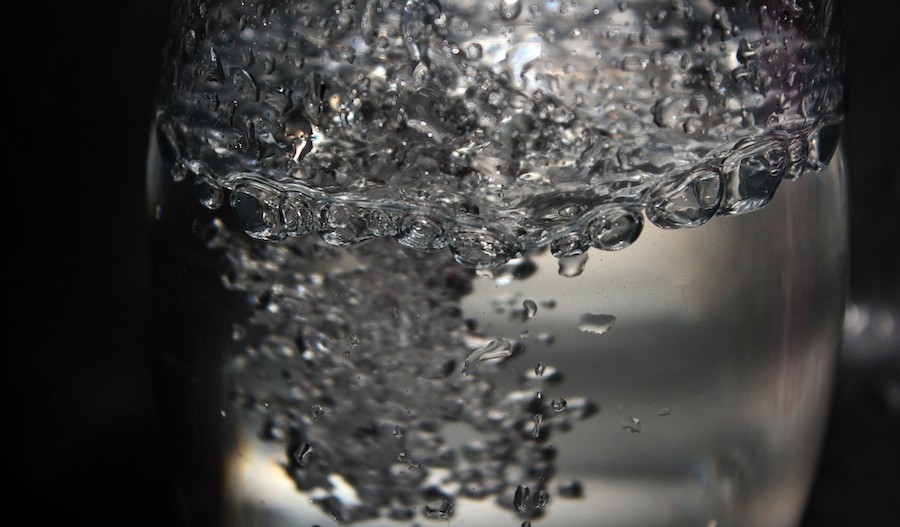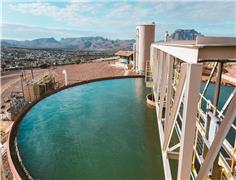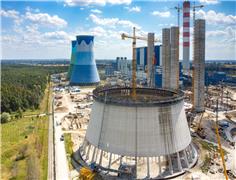- Write by:
-
Thursday, April 13, 2023 - 00:13:59
-
140 Visit
-
Print

Mining News Pro - Researchers at Texas A&M University discovered that water-based battery electrodes store more energy than previously thought.
In a paper published in the journal Nature Materials, the scientists explain that their experiments and simulations allowed them to identify a 1,000% difference in the storage capacity of metal-free, water-based battery electrodes.
Cobalt-free aqueous batteries consist of a cathode, an electrolyte and an anode. The cathodes and anodes are polymers that can store energy, and the electrolyte is water mixed with organic salts. The electrolyte is key to ion conduction and energy storage through its interactions with the electrode.
According to the new article, redox-active, non-conjugated radical polymers (electrodes) are promising candidates for metal-free aqueous batteries because of the polymers’ high discharge voltage and fast redox kinetics. The reaction is complex and difficult to resolve because of the simultaneous transfer of electrons, ions and water molecules.
“We demonstrate the nature of the redox reaction by examining aqueous electrolytes of varying chao-/kosmotropic character using electrochemical quartz crystal microbalance with dissipation monitoring at a range of timescales,” the paper reads.
The Texas A&M research group complemented its experimental efforts with computational simulations and analyses. The simulations gave insights into the microscopic molecular-scale picture of the structure and dynamics.
“Theory and experiment often work closely together to understand these materials. One of the new things that we do computationally in this paper is that we actually charge up the electrode to multiple states of charge and see how the surroundings respond to this charging,” co-author Daniel Tabor said in a statement.
Tabor and his colleagues macroscopically observed if the battery cathode was working better in the presence of certain kinds of salts by measuring exactly how much water and salt is going into the battery as it is operating.
“We did that to explain what has been observed experimentally,” he said. “Now, we would like to expand our simulations to future systems. We needed to have our theory confirmed of what are the forces that are driving that kind of injection of water and solvent.”
In the researcher’s view, this new energy storage technology could be a push forward to lithium-free batteries.
“We have a better molecular level picture of what makes some battery electrodes work better than others, and this gives us strong evidence of where to go forward in materials design,” Tabor said.
Short Link:
https://www.miningnews.ir/En/News/622806

Chile’s state copper company Codelco defended its proposed lithium production tie-up with SQM in response to criticism ...

Chile’s state-run miner Codelco plans to select a partner for a future lithium project in one of the country’s top salt ...

A Native American group has asked all members of a US appeals court on Monday to overturn an earlier ruling that granted ...

The London Metal Exchange (LME) on Saturday banned from its system Russian metal produced on or after April 13 to comply ...

Chile’s SQM called another investors meeting at the request of its second-largest shareholder, Tianqi Lithium Corp., ...

The world’s coal-fired power capacity grew 2% last year, its highest annual increase since 2016, driven by new builds in ...

Peabody Energy Corp. shares sunk to the lowest in seven months after the biggest US coal miner warned that first-quarter ...

Polish government is abandoning plans to separate coal-fired power plants into a special company and is considering ...

Lithium supplier Vulcan Energy on Wednesday announced the start of production of the first lithium chloride at its ...
No comments have been posted yet ...